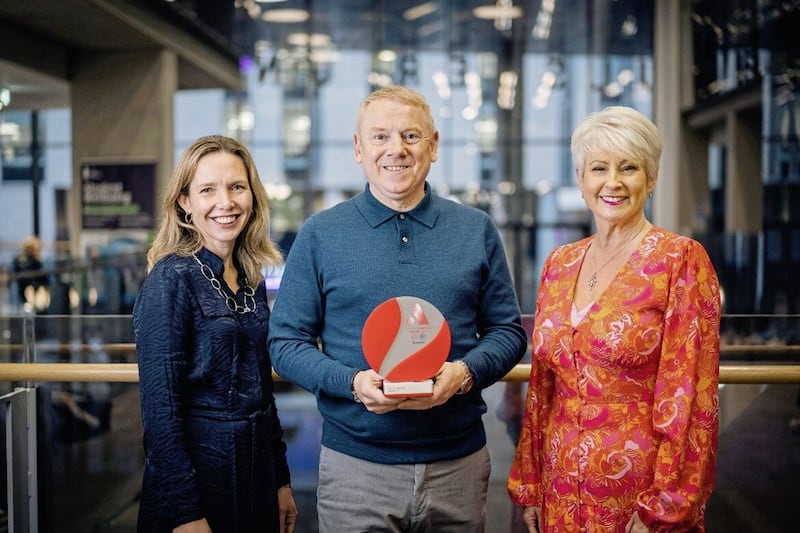THE old saying ‘actions speak louder than words’ is very true. Northern Ireland has officially gone to the polls. Ballots have been counted and candidates instated as our new found representatives. Party rhetoric must now be replaced by tangible action across the board.
So begins a transitionary period when party promises will be thrust under the microscope, with renewed focus on the deliverables – the bottom line – and their potential to make this an even better place to work and live.
This post-election window is also a time to challenge our new leaders, both on current issues and the challenges yet to come. How best to overcome the current skills shortage affecting the local business community, for instance. Or how best to navigate a working world forever changed by Covid-19, all the while cultivating a workplace – hybrid or otherwise – that is fundamentally inclusive.
Nearly all parties in Northern Ireland signalled their intention to develop a childcare strategy moving forward which, again, is promising, but their potential success hinges on how they are implemented.
Because as we settle into this so-called new normal, it’s become abundantly clear that the pandemic has had a greater impact upon women than men. Indeed the 2021 Global Gender Gap Report, compiled by the World Economic Forum (WEF), confirmed that on average the global gap had widened by almost 0.6 percentage points over 2020’s figures, taking into account four defining benchmarks: educational attainment, health and survival, political empowerment and economic participation and opportunity.
Even in developed nations, it is the last two criterion where progress is lacking still. The WEF itself attributed this disparity, stubborn in its prevalence, to a lack of women in leadership positions, with the number of UK managerial roles held by females now just shy of 37 per cent.
For all the progress that’s been made, shards of the all-too-familiar glass ceiling remain. On a local level, we must utilise this moment, in the aftermath of an anticipated election, to further drive economic participation and ultimately accelerate the progress towards greater gender parity.
Our newly elected representatives must now take charge and actively remove barriers prohibiting women’s involvement in the workforce, with policies built around affordable childcare and flexible working arrangements. Policies that are, at their very core, designed for creating a better society and economic prosperity for everyone.
The ongoing skills shortage won’t be solved overnight – neither will the gender gap – however by putting practices in place that help unlock doors where once there were barriers, women in business can look to Northern Ireland as a better place to live and work as we collectively move forward in a post-pandemic landscape remoulded by the 2022 election results.
Northern Ireland has gone to the polls, yes, but it’s now time for promises to become action. For rhetoric to become change, and for us all to work together for an even better Northern Ireland.
:: Lorraine Acheson is managing director of Women in Business









